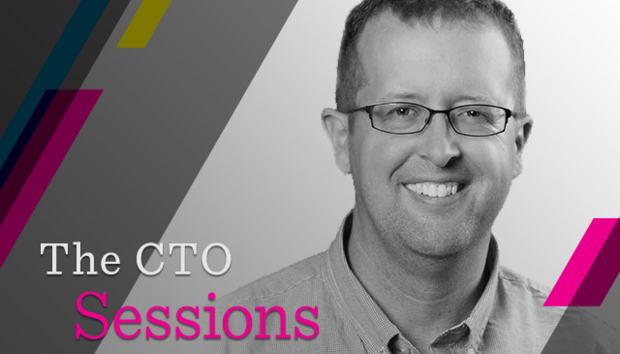
I like a lot of freedom to explore, grow, and make mistakes, and I think for the engineering industry, it's not really negotiable. I can be intense and passionate, but I'm also super chill. "I like my teammates to be super chill," I said verbatim. Then again, isn't that what all engineering challenges are about? 😆 My interactions with the team were very positive So if you're the interviewer, you may be walking on a thin line if you're trying to push the candidates while assessing their thought process at the same time. I could not solve them even if they gave me 5 hours instead of 45 minutes. On the other hand, some of my interviews were significantly difficult, highly domain-specific, or relevant to a very small subset of engineering problems. If I wasn't excited about the problems how am I going to be excited about the prospect?

Discovery's technical problems for me were among the top 5 hardest, and I interviewed with companies who are known for having high engineering bars, like Google, Facebook, and Citadel.Īfter every interview, I felt like I learned something new. If the engineering bar is high, then the interviewing problems will be challenging. 💡 The interview questions were challengingīeyond the opportunity to learn, I also looked for the opportunity to work with intelligent people. This presents amazing learning opportunities, a strong sense of responsibility and ownership, and a highly flexible and interesting career path. Still, he was very excited to have me on the team simply because I was curious, eager, and ready to learn.įurthermore, building a streaming platform is a highly complex venture with a lot of challenges, in scalability, data analysis, user experience, etc. I do not know anything in video streaming platform, video/audio compression and encoding, and metadata management. If a company is only in it for what I already know, I've already decided that it's not a good fit.ĭiscovery is building a streaming platform to compete with the likes of Netflix and Disney+ - in an unscripted format. The engineer universe is too big (languages, frameworks, databases, etc.) and no candidate can have exactly the skillset that they're looking for. Any serious engineering department will put a little less weight on previous experience and put a little more weight on the candidate's problem-solving ability - which is why most big companies interview system design, algorithms, and data structure.
#Discovery inc hirevue questions software#
This is especially true in software engineering space. The organization can grow its value and I can grow my skillsets. To me, working at a company is a two-way street. The bigger the difference, the more attractive the role is to me. So during the interviews, I always lay out my previous experience, asking them what the company is working on and then compare and contrast the difference. One of the biggest things for me at my next job is the opportunity to work on something I haven't worked on before.

#Discovery inc hirevue questions how to#
📗 I have no idea how to do anything they're looking to do. I feel like the level of detail in this post is enough to shed some light on how an organization can attract talent or what are some factors a candidate should consider when looking for a new position.Īs a rational guy with a finance degree, I simply chose Discovery Inc.

I figure I'd just spend some time to answer all the questions I've received. After my new job announcement at Discovery 🎉🎉🎉, I've received some questions asking about why I accepted Discovery's over my other offers - all from both large companies and startups.


 0 kommentar(er)
0 kommentar(er)
